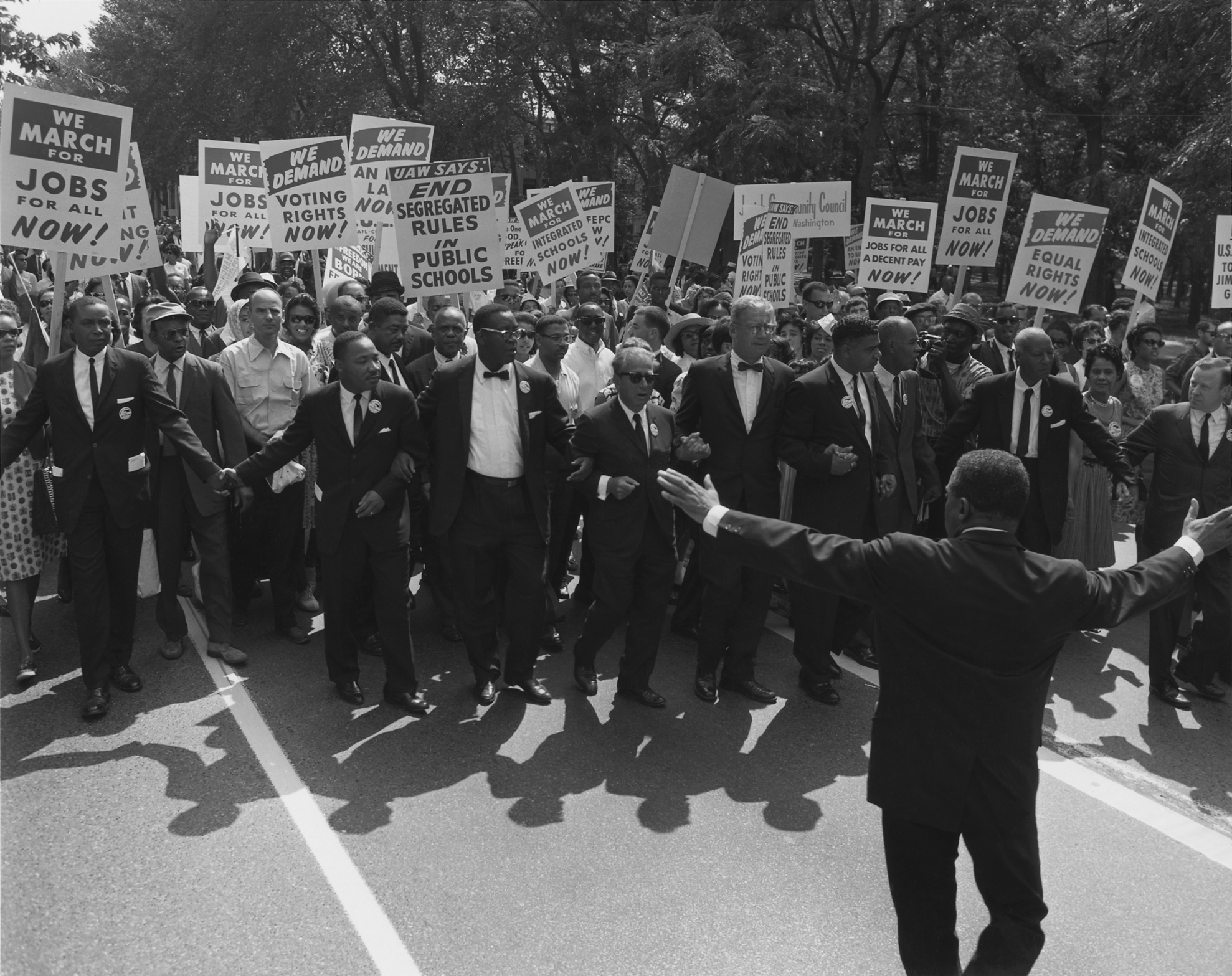Michelle Marchante/News Director
Taking a course in sales and learning how to be persistent are some of the tips Emmy-award-winning journalist Carlos Watson has for students interested in the field.
Born and raised in Miami, Watson loved news since he was young, thanks to his father.
“We would drive to the Miami airport together to pick up newspapers from the around the world and go home and read them together,” Watson said in an email to Student Media. “So, it was no surprise when I entered into the field of journalism…as an intern at the Miami Herald and going on to anchor at MSNBC and CNN.”
Watson has also worked for PBS and is now co-founder and CEO of OZY Media, a digital news website. Founded four and a half years ago, OZY, according to Watson, was created to tell the stories no one else was reporting.
“It [the media landscape] was often a regurgitation of the same five headlines over and over, and they were often the most sensational and negative stories,” Watson’s email read. “It was amazing to me that with a world full of interesting stories and compelling people and places to explore, we were focused on the same negative headlines. I founded OZY to tell stories told nowhere else.”
Watson also has close ties to the University. Both of his parents worked at FIU when they first moved to Miami, and his sister and him used to always play around campus.
While Watson no longer lives in Miami, he visited the University back in February to deliver the keynote address at a Model UN Conference and was surprised by the University’s expansion.
“I couldn’t get over how the campus has grown,” Watson’s email stated. “When my parents worked there, the school had just been built, and there were lots of open fields where my sisters and I would come and play. It’s amazing to see how the campus has flourished. It felt so good to be back home.”
Watson’s career path has not been easy. Besides learning how to report facts and tell stories in a “compelling” way, Watson said, students interested in entering the journalism field need to be persistent, passionate and hardworking.
Another piece of advice for journalism students: take a course on sales.
“I know it seems irrelevant, but what sales teaches you is how to read people and make a compelling argument, skills that are necessary and transferable to every field and everyday life,” he said.
Being able to diversify and create innovative quality content is also an important factor to consider—whether you’re going to work in a traditional media outlet or create your own digital website like OZY. So is strategy and accessibility, something Watson learned creating OZY, he said.
“You can have the best editorial in the world, but if you aren’t packaging and promoting it well, no one will see it,” read the email. “And with the stranglehold social platforms and search engines have on the web, it takes a very strategic approach to make sure your content gets to the people who will enjoy it the most…the stories we tell are only as good as the images that go along with them and where they are positioned on the site so people can navigate to them easily.”
Some of Watson’s most memorable interviews have been with people he admires such as former U.S. President Barack Obama, Oprah Winfrey, Bill Gates, and Lupe Valdez, a Texas sheriff Watson found intriguing.
OZY itself focuses on a variety of subjects from sports, politics and entertainment to “The Thread” podcast which explores lives and events from history. They also have “The Third Rail,” a weekly TV show on timely discussions.
This variety in their content, according to Watson, not only helps them connect to their audience but it helps them become what his co-founder Samir Rao describes as a “passport.”
“We are inherently global in our coverage and I think this is key to attracting a global, diverse and engaged audience,” states the email, referencing “Around the World,” a new series which takes OZY readers to almost 200 different countries in the world.
And while traditional news organizations appear in jeopardy, with regional and local outlets struggling, particularly newspapers, Watson is confident it will never go away completely.
“At the end of the day, people, and advertisers, will pay for quality content,” Watson’s email reads. “It is up to publishers to figure out how to leverage this quality content in diversified and innovative ways.”
Featured Image courtesy of OZY Media.






Great article, relish this outlook, it’s very refreshing